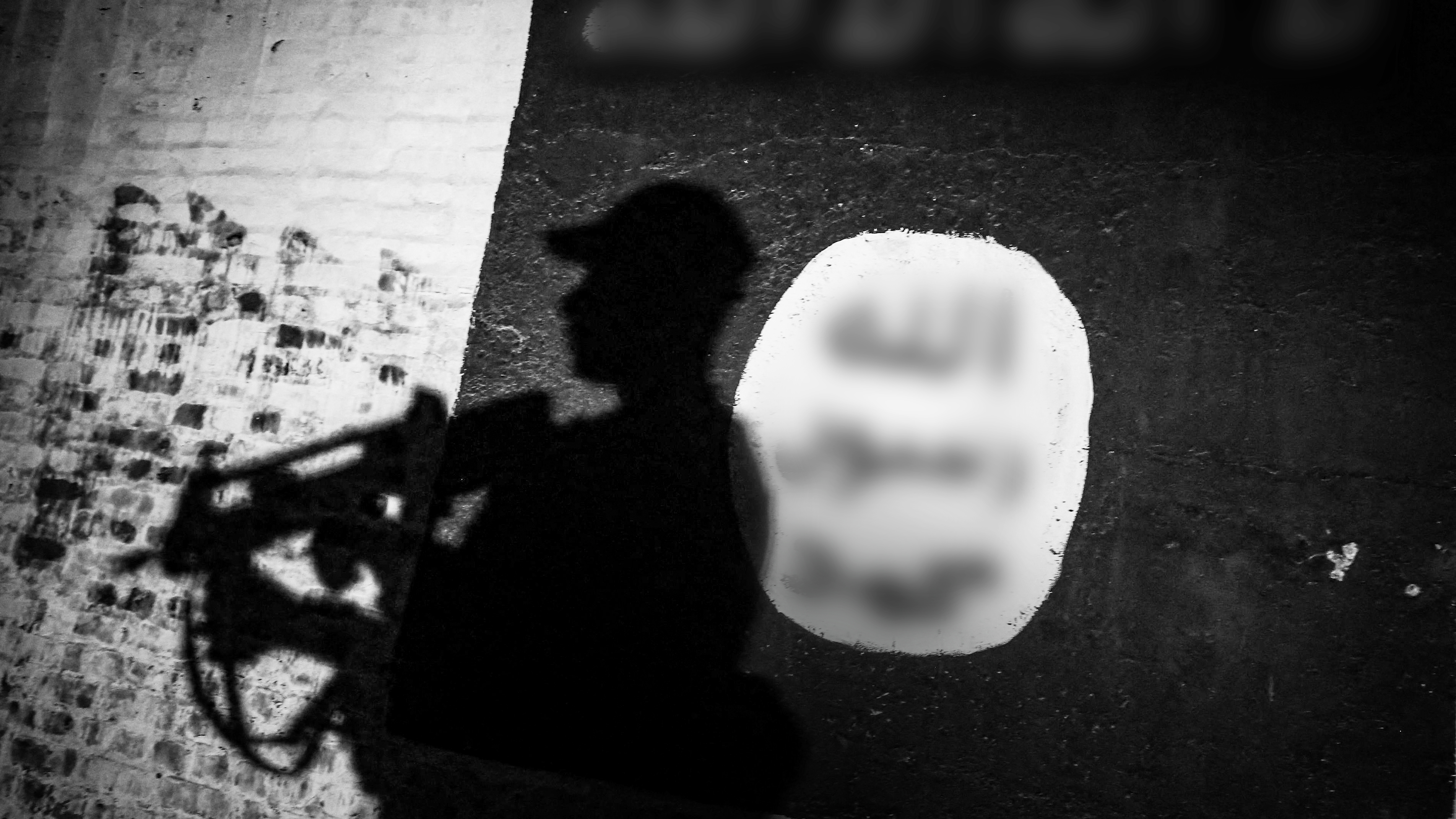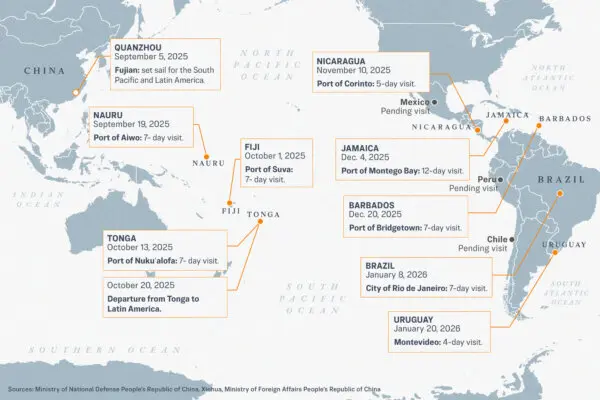News Analysis
When Shamsud-Din Jabbar was planning his attack on New Year’s revelers in the French Quarter of New Orleans, he posted several videos online proclaiming his support for the ISIS terrorist group, including five videos posted on his Facebook page, according to the FBI.










